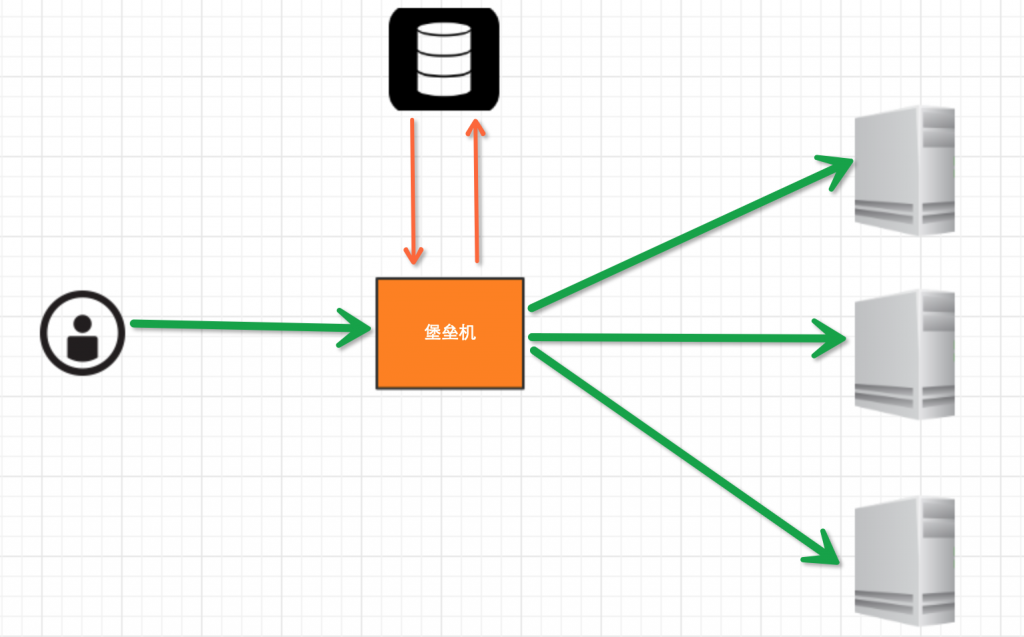啊,小雪,小雪,来了,来了。从微微的凉风中,从傍晚的喧闹中来了!像春风抖落万树梨花,像天女撒下漫天白絮……你不飘飘悠悠,因为那是骄傲的象征;你不轻轻起舞,因为那是胆小的缩影,听,沙沙沙沙、沙沙沙沙……我好像坐在屋里听那春雨的歌声。
本文实例讲述了Python实现的简单hangman游戏。分享给大家供大家参考。具体如下:
#!/usr/bin/env python
import random
import cPickle
class Hangman(object):
'''A simple hangman game that tries to improve your vocabulary a bit '''
def __init__(self):
# the variables used, this is not necessary
self.dumpfile = '' #the dictionary file
self.dictionary = {} #the pickled dict
self.words = [] #list of words used
self.secret_word = '' #the 'key'
self.length = 0 #length of the 'key'
self.keys = [] #inputs that match the 'key'
self.used_keys = [] #keys that are already used
self.guess = '' #player's guess
self.mistakes = 0 #number of incorrect inputs
return self.load_dict()
#insert some random hints for the player
def insert_random(self, length):
randint = random.randint
# 3 hints
if length >= 7: hint = 3
else: hint = 1
for x in xrange(hint):
a = randint(1, length - 1)
self.keys[a-1] = self.secret_word[a-1]
def test_input(self):
#if the guessed letter matches
if self.guess in self.secret_word:
indexes = [i for i, item in enumerate(self.secret_word) if item == self.guess]
for index in indexes:
self.keys[index] = self.guess
self.used_keys.append(self.guess)
print "used letters ",set(self.used_keys),'\n'
#if the guessed letter didn't match
else:
self.used_keys.append(self.guess)
self.mistakes += 1
print "used letters ",set(self.used_keys),'\n'
# load the pickled word dictionary and unpickle them
def load_dict(self):
try :
self.dumpfile = open("~/python/hangman/wordsdict.pkl", "r")
except IOError:
print "Couldn't find the file 'wordsdict.pkl'"
quit()
self.dictionary = cPickle.load(self.dumpfile)
self.words = self.dictionary.keys()
self.dumpfile.close()
return self.prepare_word()
#randomly choose a word for the challenge
def prepare_word(self):
self.secret_word = random.choice(self.words)
#don't count trailing spaces
self.length = len(self.secret_word.rstrip())
self.keys = ['_' for x in xrange(self.length)]
self.insert_random(self.length)
return self.ask()
#display the challenge
def ask(self):
print ' '.join(self.keys), ":", self.dictionary[self.secret_word]
print
return self.input_loop()
#take input from the player
def input_loop(self):
#four self.mistakes are allowed
chances = len(set(self.secret_word)) + 4
while chances != 0 and self.mistakes < 5:
try:
self.guess = raw_input("> ")
except EOFError:
exit(1)
self.test_input()
print ' '.join(self.keys)
if '_' not in self.keys:
print 'well done!'
break
chances -= 1
if self.mistakes > 4: print 'the word was', ''.join(self.secret_word).upper()
return self.quit_message()
def quit_message(self):
print "\n"
print "Press 'c' to continue, or any other key to quit the game. "
print "You can always quit the game by pressing 'Ctrl+D'"
try:
command = raw_input('> ')
if command == 'c': return self.__init__() #loopback
else : exit(0)
except EOFError: exit(1)
if __name__ == '__main__':
game = Hangman()
game.__init__()
希望本文所述对大家的Python程序设计有所帮助。
到此这篇关于Python实现的简单hangman游戏实例就介绍到这了。生活的现实摆在面前,每个人都逃避不了,是主动地接受它还是被动地承受它?现实并不像我们想象的那么美满,那么幸福,它也有残忍的一面,人要经历生离死别,那就在于我们有多大的毅力去接受它。其实现实并不可怕,可怕的是我们不能承受现实。更多相关Python实现的简单hangman游戏实例内容请查看相关栏目,小编编辑不易,再次感谢大家的支持!





